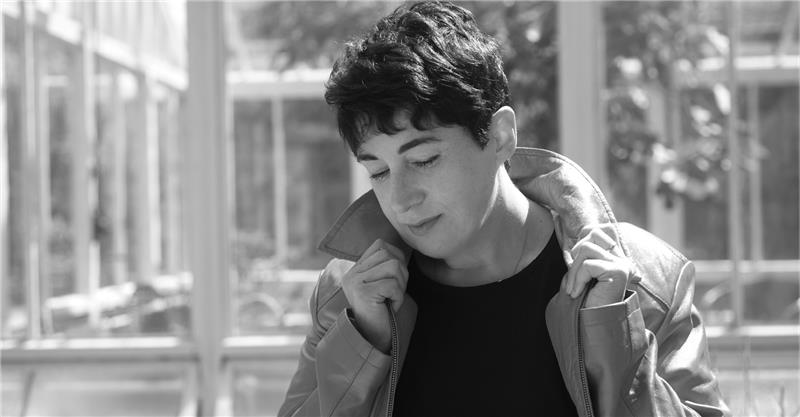
Joanne Harris: The value of human creativity
Author and ALCS Board member Joanne Harris reflects on generative AI, its impact on the lives of human creators and the importance of safeguarding human creativity.
Over the last few years, the topic of generative AI – its uses, its dangers, its purported opportunities, its unregulated abuses – has quickly come to dominate the landscape of literature and the arts. Every author, translator, illustrator, colourist and editor I’ve spoken to since 2022 has expressed concern on the subject – and in recent months, I’ve found that readers, too, are asking questions about AI, its use and misuse, and what it might mean to creators.
Some voices have been powerful from the start in calling for regulation. But even now, many authors are not aware of how the use of AI may already be impacting their work and those of other creators. Many of us still hope and believe that AI-generated work will never match the quality of human-made art. But to argue this is to miss the point. Quality was never the issue. Whether AI could replace Shakespeare is not our principal concern. AI is already costing some creators their jobs, especially in the field of comics, book jacket design, audiobooks, translation, non-fiction, children’s books, journalism, illustration. AI-generated work has already won prizes in art and design. AI-generated journalism is rife all over the internet. And the proliferation of AI-generated fiction, encouraged by the get-rich-quick message of influencers and tech companies, has already caused the virtual erasure of debut self-published novelists on such sites as Amazon or Clarkesworld. The overwhelming message coming from the manufacturers of generative AI is that anyone can now make art using AI, without training, knowledge or talent.
However, what we hear rather less of is that every bit of that AI-generated material owes its existence to the human-created material on which it was trained; material which, in the overwhelming majority of cases, was used without the prior consent – or even the knowledge – of the human creator. The findings of the recent ALCS survey on AI shows how strongly our members feel about this: 77% have no idea whether their work has been used to train AI; 91% believe that training AI on a creator’s work should require their permission; and 96% believe that creators should be paid for the use of their work in training AI. Because without the work of creators, AI can have no content, no future, no potential.
We must ensure that it is no longer used to monetise creators’ work – and, potentially, to remove their livelihood – while denying their contribution. The tech sector is lobbying for new copyright exceptions, and ALCS and creator organisations are working hard to ensure the UK rejects this path in favour of legal requirements for far greater transparency, enabling a fair and workable licensing regime to develop.
It may not eliminate the existential risk of AI to creators, but in a world in which the creative industries in the UK generate over £124.6billion in a year, while the average creator is often paid less than the minimum wage, it might restore some security, some sanity and some sense of self-worth to those who create the books we read, the films we watch, the games we play, the shows we enjoy, the picture-books we read to our children, and all the shared human experience that finds expression in our art, and which would not exist without us.
You can read the full report on our AI survey here.
